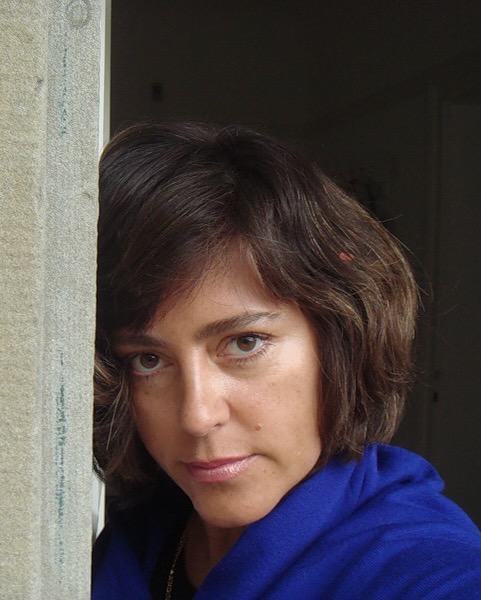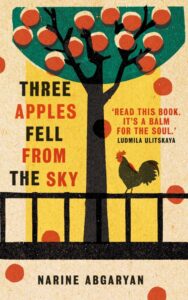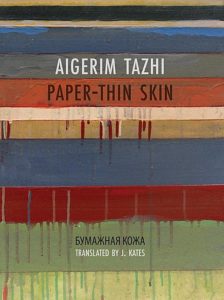Translated by OKSANA MAKSYMCHUK, MAX ROSOCHINSKY, and the author
Piece appears below in English and the original Russian and Ukrainian.
Translators’ Note
Alex Averbuch authored Talks with the Besieged on the basis of his engagement with group chats on Telegram and other public IM platforms by Ukrainian civilians in Russian-occupied Ukrainian territory. The present selection is excerpted from this larger work that explores the relentless and evolving nature of the occupation, capturing the initial bewilderment and disorientation experienced by those who stayed behind. These brief, fragmented exchanges reflect civilians navigating the chaos of war in real time. Oscillating between found poetry, a digital archive, and virtual testimony, the text presents the fears, anxieties, aspirations, and dreams of the community enduring liminality and existential uncertainty. In translating these dispatches, we’ve attempted to approximate the casual, matter-of-fact tone of participants, their poignant attempts to lighten the mood, encourage each other, and offer reassurance and consolation.While Telegram and many other IM platforms offer automatic capitalization for each new comment, we decided to use lowercase letters instead, capitalizing only toponyms and proper names. We have also removed the names of the original contributors, blurring the distinctions between them and obscuring where one utterance ends and another begins. We hope that these decisions help render the text as a continuous uninterrupted expression of hope and terror and create an impression of a living chorus, a droning and wailing unbroken human voice.












